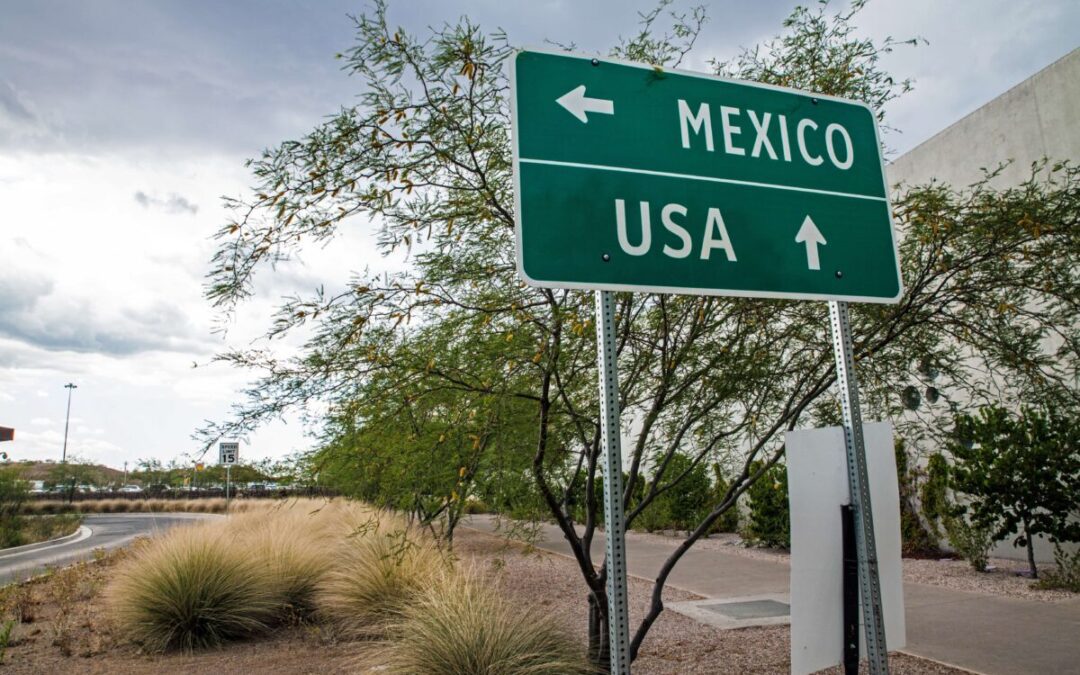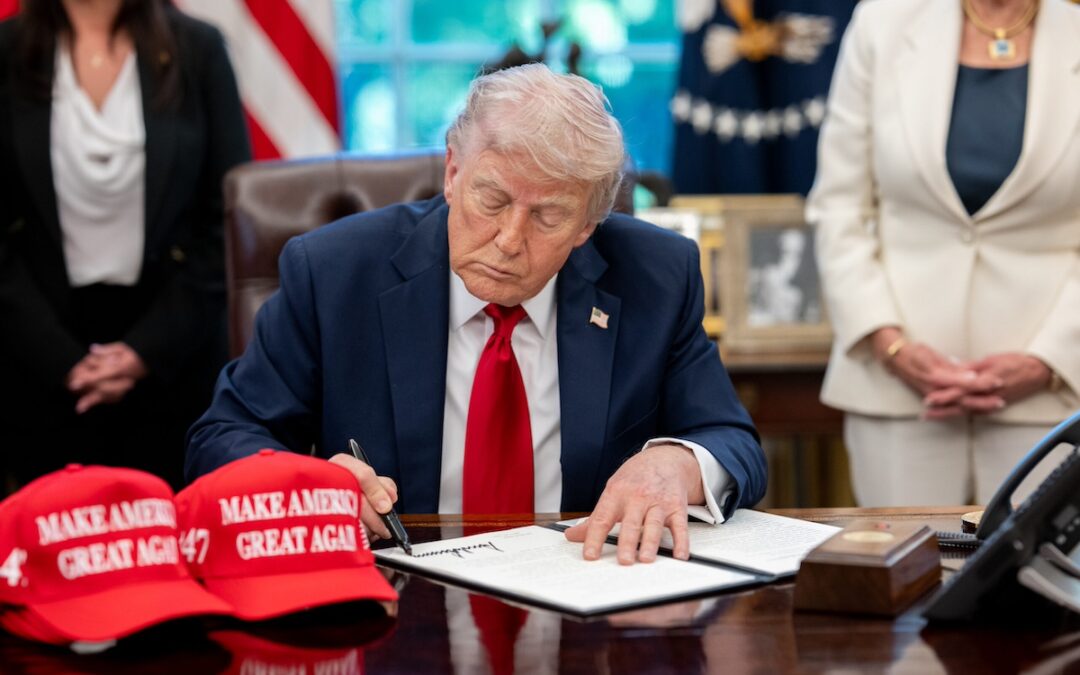
The Biden administration’s newly proposed actions, which would likely take effect in 2024, would lower child care costs for 80,000 American families by capping their child care copayments at 7% of the family income. (Photo via Shutterstock)
Many American families could soon get some much-needed help with the unaffordable cost of child care, thanks to a new proposal from the Biden administration.
On Tuesday, the White House proposed new actions that would lower the cost of child care and strengthen the Child Care and Development Fund, which helps low-income families access care.
The actions proposed on Tuesday would cap child care copayments at 7% of a family’s income for those participating in the Child Care and Development Block Grant program. If this proposal is enacted, it would mean 80,000 American families would have reduced child care payments, according to the White House.
The proposal would also help to ensure that the nearly 200,000 child care providers that participate in the block grant program will be paid on time.
Finally, the proposal would also encourage states to accept online applications for people seeking to enroll in the block grant program.
The proposals expand on President Biden’s executive order issued in April, which directed the Department of Health and Human Services (HHS) to create policies to reduce child care costs for families who benefit from the above fund.
During a call with reporters on July 11, Vice President Kamala Harris emphasized that child care is a “critical issue” for many American families. She also said that the issue is personal, as her own mother used the help of child care providers when she was working as a breast cancer researcher.
“My mother often said that but for Mrs. Shelton, she would never have been able to do the work that she did,” Harris said of the woman who ran the child care center her mother used. “She would have never been able to contribute as she did to the fight to end breast cancer.”
Biden’s proposal comes at a time when the child care sector is in crisis—and things could soon get worse.
A Century Foundation (TCF) report published last month detailed how millions of American families could be left without the care they need beginning Sept. 30, when states will face a steep dropoff in federal child care funding.
This is because funds from the American Rescue Plan Act—which provided states with billions of dollars worth of funding to help child care providers stay open and prevented the total collapse of the sector during the pandemic—are set to expire. When they do, the sector will be “starved of resources,” according to TCF’s report, and providers will have to increase prices in order to stay open and retain workers—or risk going out of business. In either scenario, families will be left with fewer options.
In fact, according to the report, more than three million children are projected to lose access to child care nationwide, and seventy-thousand child care programs are likely to close.
The proposals announced Tuesday, however, have several months before they can actually be enacted; a 45-day comment period opens on July 13, according to senior administration officials. When that period ends, HHS’ Administration for Children and Families will review the comments and work to draft a final rule. The White House hopes to publish the final rule in spring 2024.

The broken American Dream shines a light on a new path to Mexico
The late ’60s revolutionized the United States—and my dad. In the wake of the assassinations of Martin Luther King Jr. and Robert F. Kennedy, and...

Historic tax cuts in Trump’s bill have wide gap between winners and big winners
WASHINGTON – The One Big Beautiful Bill includes the largest tax cuts in U.S. history. Whether it’s actually “beautiful” is in the eye of the...

Gallego and other Democrats work to deepen MAGA rift over Epstein files
WASHINGTON – The week after financier Jeffrey Epstein died in jail six years ago as he awaited trial for sex trafficking, Arizona congressman Andy...

Trump moves to merge wildland firefighting into single force, despite ex-officials warning of chaos
BILLINGS, Mont. (AP) — President Donald Trump on Thursday ordered government officials to consolidate wildland firefighting into a single program,...




